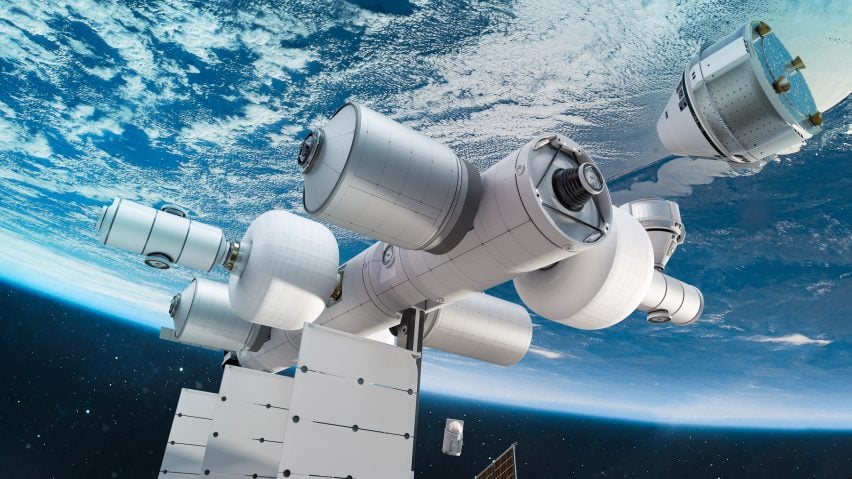
Jeff Bezos' Blue Origin announces plans for "mixed-use business park" in space
Blue Origin, the spaceflight company founded by Amazon executive chairman Jeff Bezos, has unveiled plans for a space station called Orbital Reef.
The space station would be built to give anyone "the opportunity to establish their own address on orbit" by providing services such as planning, payload development, training, transportation, data analysis and security.
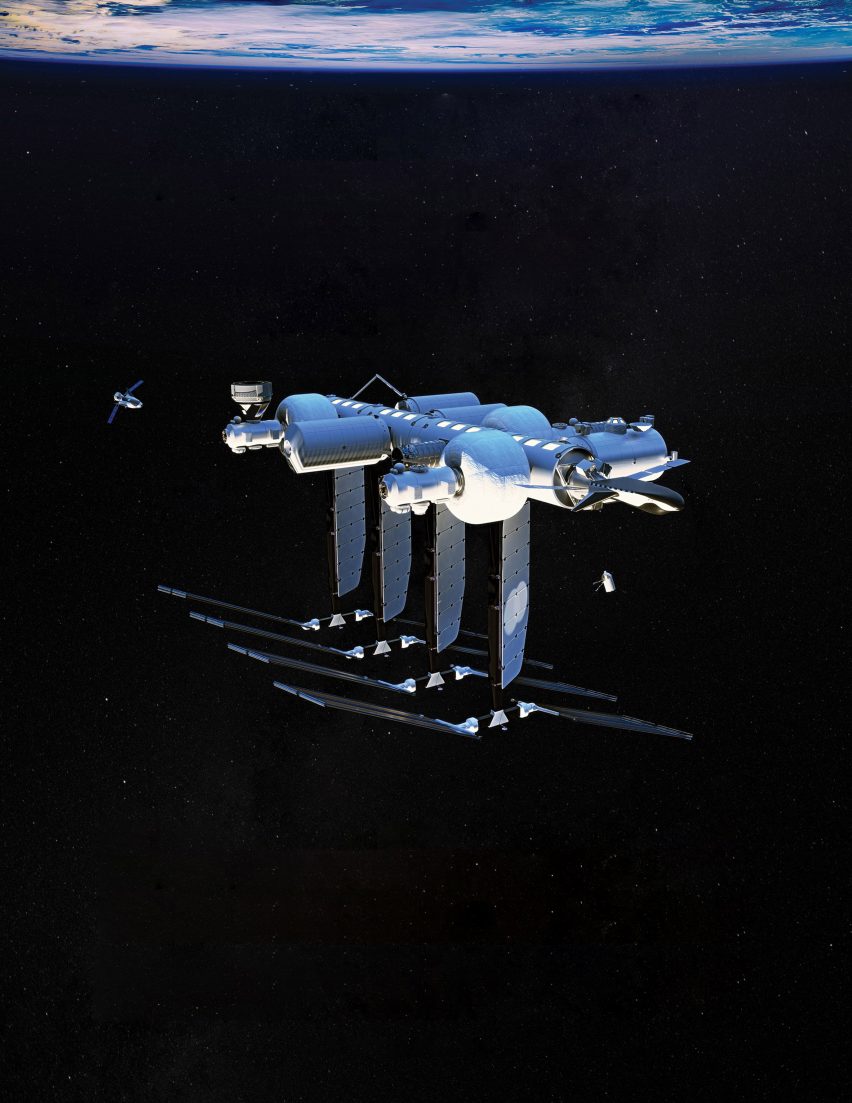
Blue Origin describes the station as a "mixed-use business park" that will provide the infrastructure that companies need to open new markets in space.
This includes reusable space transportation and an open-system architecture that allows users to scale up their use of the station as needed, with features such as module berths, vehicle ports, utilities and amenities set to grow with the market.
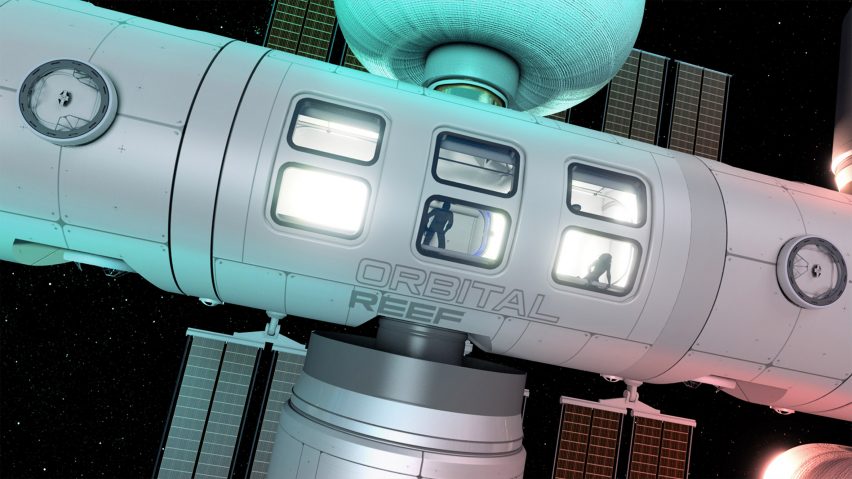
Blue Origin is developing the station with commercial space company Sierra Space. It will be built in low Earth orbit – an orbit relatively close to the Earth's surface – and will be commercially owned, developed and operated.
"For over sixty years, NASA and other space agencies have developed orbital space flight and space habitation, setting us up for commercial business to take off in this decade," said Brent Sherwood, senior vice president of advanced development programs for Blue Origin.
"We will expand access, lower the cost, and provide all the services and amenities needed to normalize space flight. A vibrant business ecosystem will grow in low Earth orbit, generating new discoveries, new products, new entertainments, and global awareness."
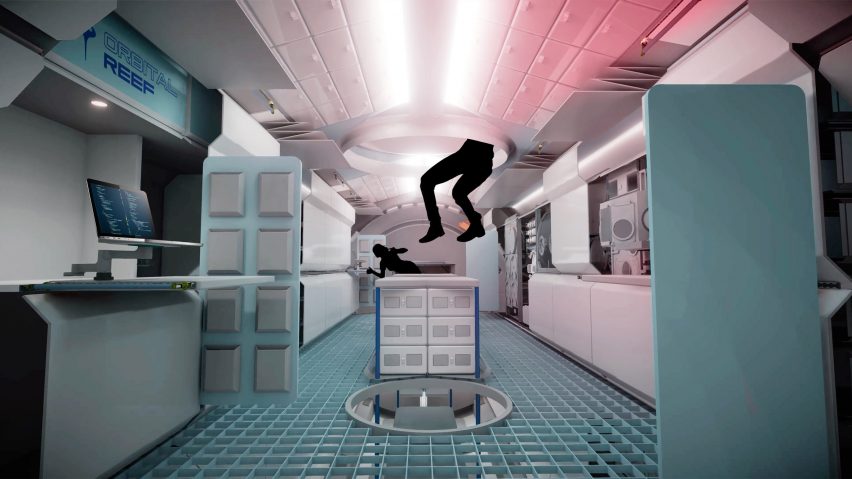
The Orbital Reef project aims to introduce "a new kind of space architecture", the company said, with modules featuring large Earth-facing windows and distinct quarters for living and working.
Recreation opportunities and medical care will also be provided with the aim of supporting visits of any length.
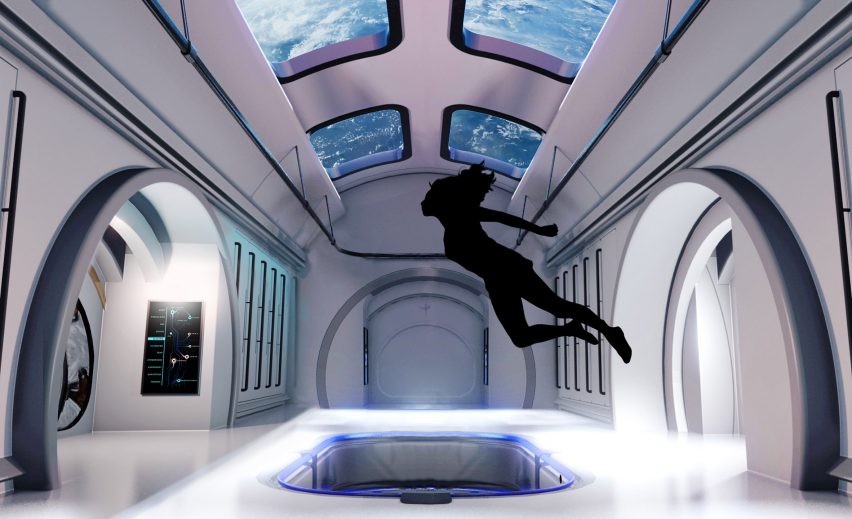
As well as living quarters, the station will also have "out-of-this-world" research facilities and services will include robotic servicing.
Orbital Reef's targeted users include "space agencies, high-tech consortia, sovereign nations without space programs, media and travel companies, funded entrepreneurs and sponsored inventors, and future-minded investors," Blue Origin said.
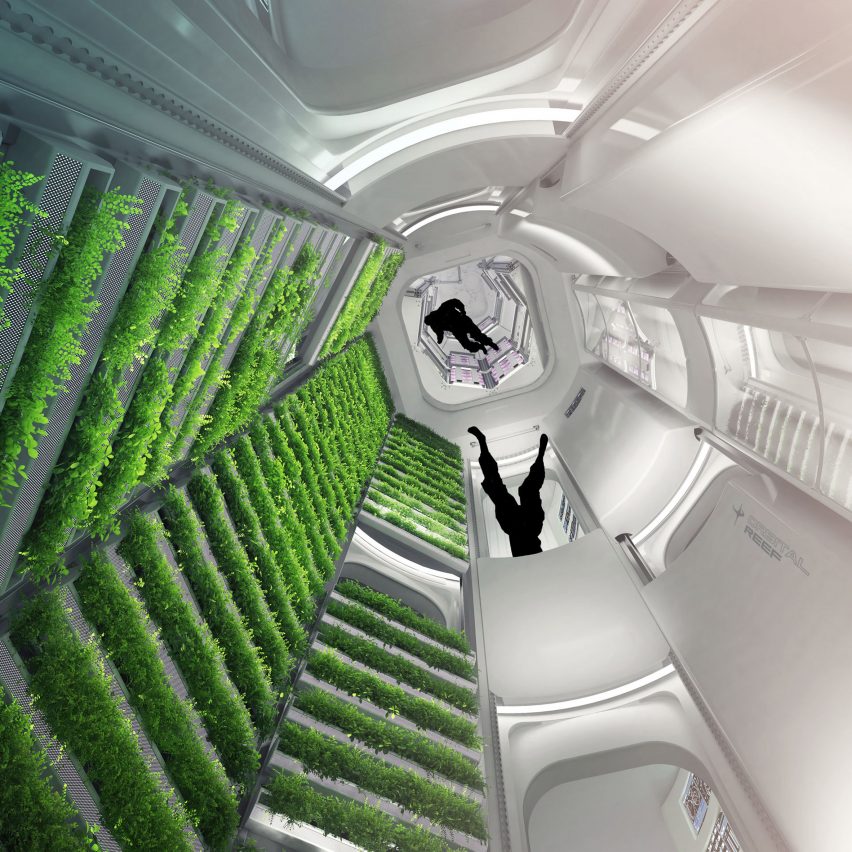
The station, which Blue Origin aims to start operating in the second half of this decade, will use Sierra Space's Large Integrated Flexible Environment (LIFE) module and node module. The company’s runway-landing Dream Chaser spaceplane will be used for crew and cargo transportation.
It is also backed by Redwire Space, Genesis Engineering Solutions, and Arizona State University.
Boeing will work on the station's science module, station operations, maintenance engineering and a crew spacecraft called Starliner.
"This is exciting for us because this project does not duplicate the immensely successful and enduring ISS, but rather goes a step further to fulfill a unique position in low Earth orbit where it can serve a diverse array of companies and host non-specialist crews," said John Mulholland, Boeing VP and program manager for the International Space Station (ISS).

When launching the company's Blue Moon lander in 2019, Bezos suggested that future human beings will live on a series of manufactured worlds in space.
Blue Origin was one of three companies chosen by NASA to create landers for a 2024 mission that will land the first woman on the moon, but lost out on the contract to Elon Musk's SpaceX.
The images are courtesy of Blue Origin.